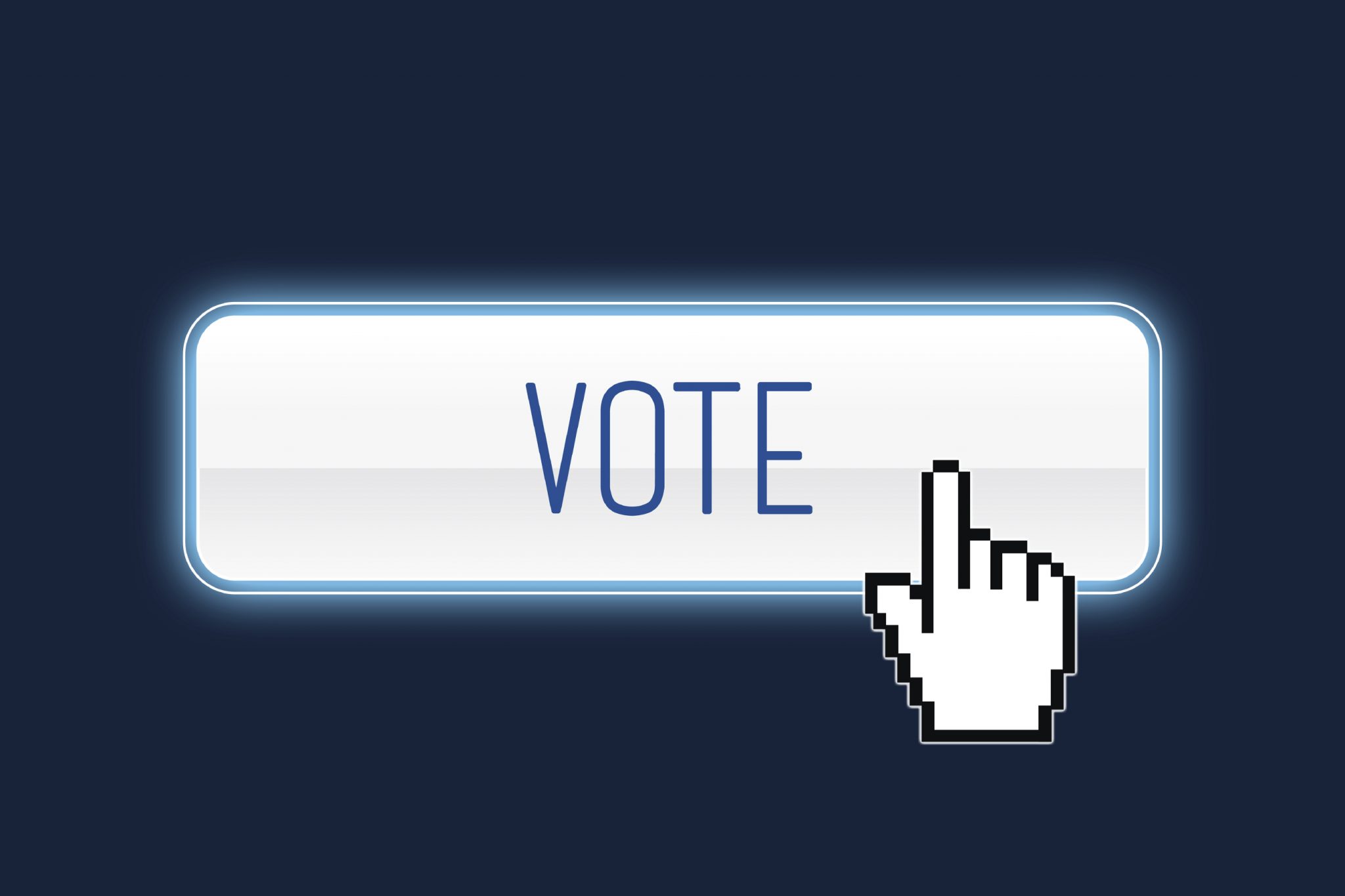
With the mid-term elections just mere months away, there is a significant push to get voters registered. But what about people who are U.S. citizens, but aren’t currently in the United States? More specifically, what about those that are serving in the military? How can they participate in the election? Well, there might be a way, and yes, it uses technology. If a red flag went up for you when you read that, you’re not alone. Using technology for an election in the United States, might not be the smartest move, given what we suspect happened during the 2016 presidential election. That said, West Virginia is planning to roll out mobile voting for the mid-term elections.
This will be specifically limited to troops serving abroad as an alternative to mailed absentee ballots. Individual counties can decide whether or not they want to participate in this. It’s great that they’re being given the option, and the ability to weigh the pros and cons themselves. West Virginia plans to use software from Voatz, who is a startup that has received about $2.4 million in funding to date.
Because it’s 2018, Voatz naturally touts its use of blockchain technology (as well as registration based on government ID and a self-shot video for facial recognition, plus an additional layer of biometric security with either another selfie or thumbprint) to anonymously tally and verify each submitted ballot.
Is this a good idea though? I’m skeptical about the use of software, not necessarily because of Voatz, but in general, there’s the possibility that this software isn’t as clean as we would hope. Disclaimer – this is a hypothetical scenario. Not representative of my thoughts or opinions of Voatz. Is it possible that some of the funding to create the system came from someone who has a stake in any one candidate over another? Forgive my skepticism, but I feel like we have to ask these questions given today’s political climate. To that end, though, is it possible for any software/app/technology to be created without some kind of ulterior motive in mind? I certainly hope so, but like I said – we have to ask the questions.
West Virginia Secretary of State, Mac Warner has indicated that the software successfully passed four audits that tested its cloud and blockchain technology. That said, Sara Jamie Lewis is criticizing the technology for being “weak” single-user blockchain technology, that is merely a database. Let’s for a moment assume that the technology itself is safe and secure. What about all the people who are connecting to the technology from mobile devices, or insecure networks? Doesn’t that negate the efforts put forward by Voatz?
Regardless of what anyone thinks, this software is getting deployed to the people of West Virginia in just a few months. I am interested to see how this plays out as it will be a great lesson to determine what technology has the power to do. If successful, this could be the start of something really amazing.

[…] post West Virginia Will Allow Online Voting For Absentee Ballots appeared first on Saintel […]